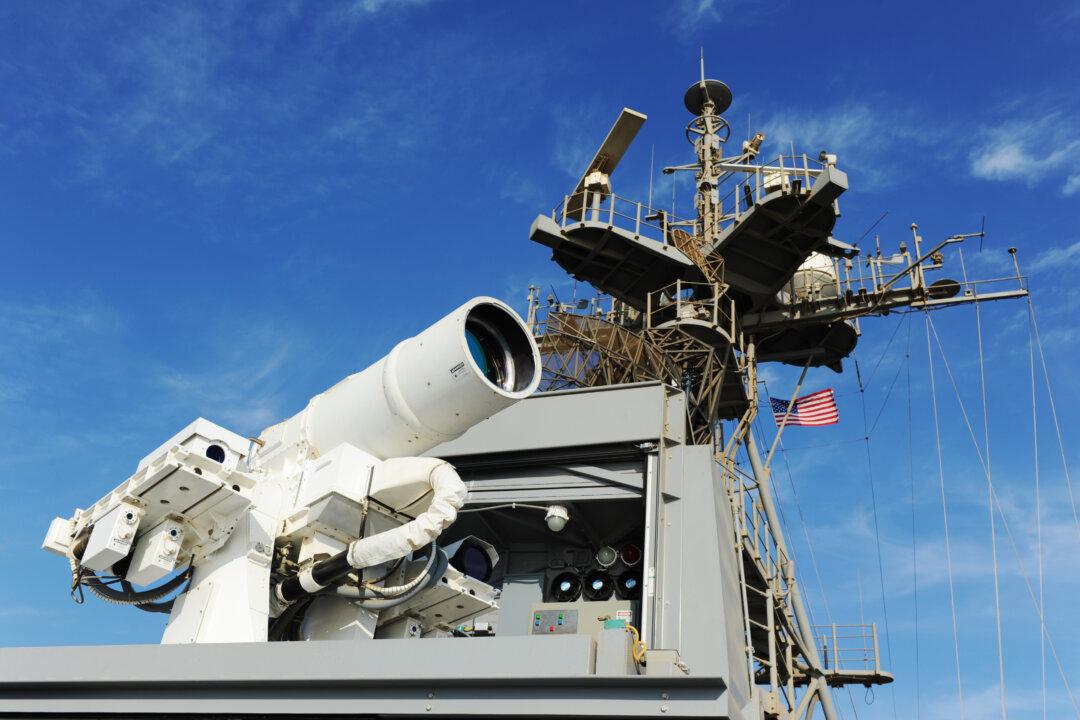WASHINGTON–The Defense Department’s highest priority when it comes to developing new technologies is creating weapons to deter Beijing aggression, a newly appointed undersecretary of defense told lawmakers on April 18.
Michael D. Griffin, undersecretary of defense for research and engineering, appeared before a Senate Armed Services Committee hearing on April 18 to discuss new technologies and threats affecting U.S. national security.




